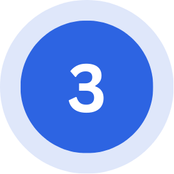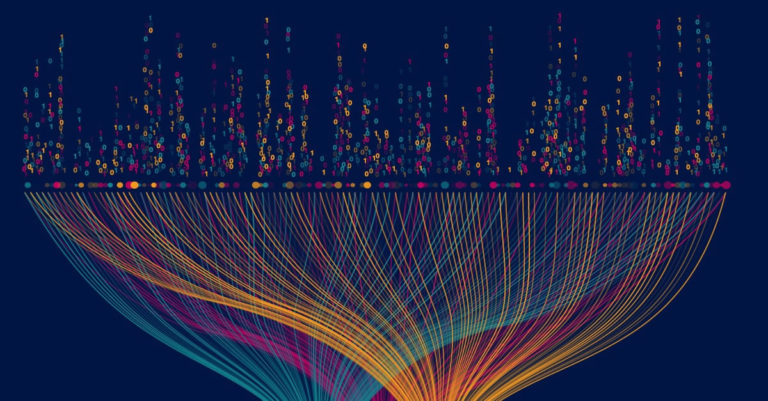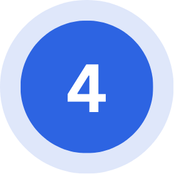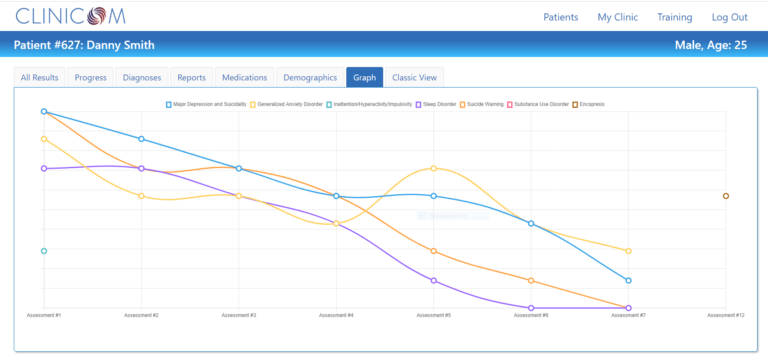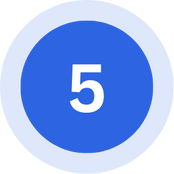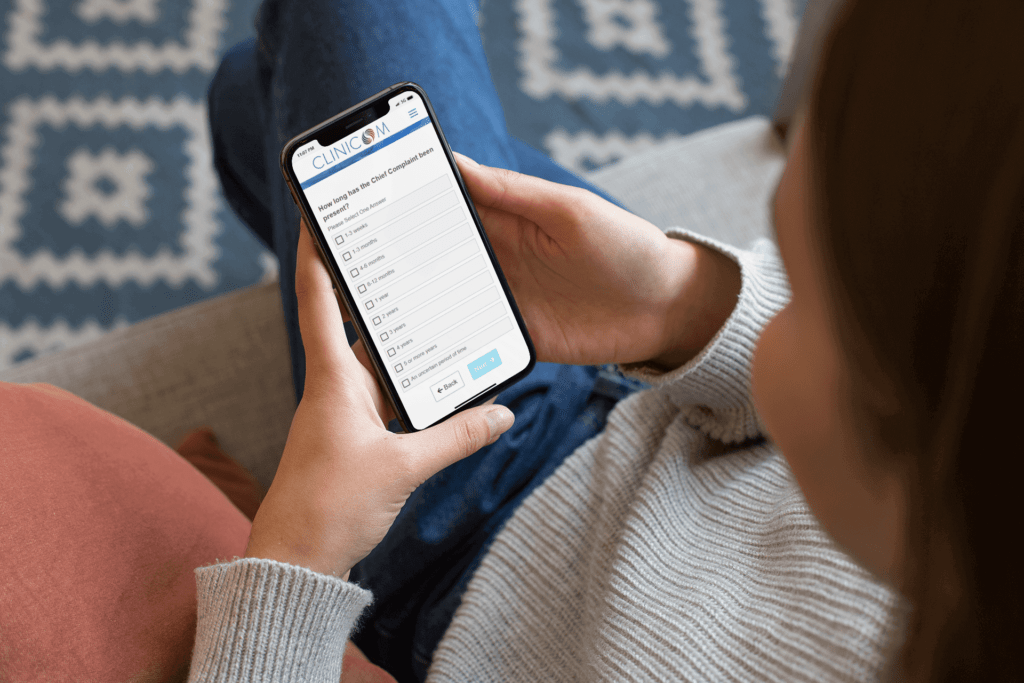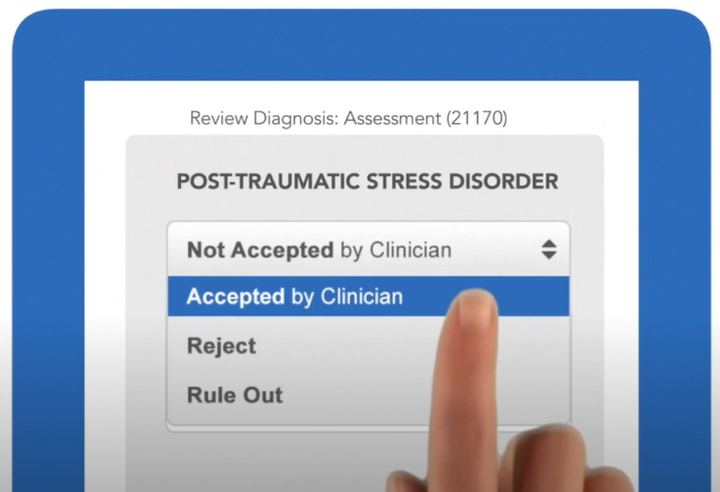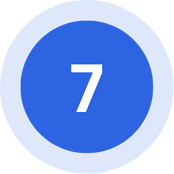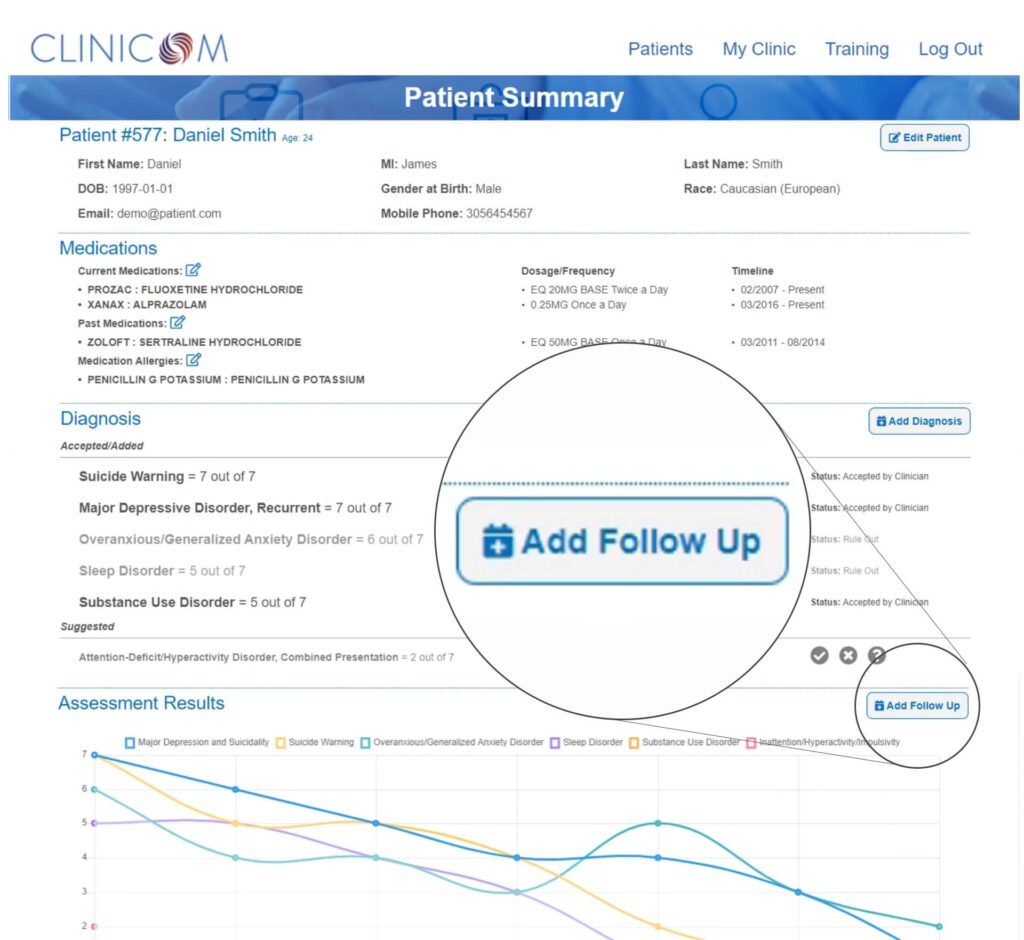HOW IT WORKS
#1 Mental Health Assessment Platform
Modernize Your Practice
A New Approach

Better Detection
We need regular assessments, as mental health fluctuates over time.

Better Diagnosis
We need better decision support technology, as it's too complicated.

Better Treatments
We need evidence-based care plans, with data-driven decisions.

Better Outcomes
We get to witness patients living healthier, better lives over time.
The Clinicom Difference
We analyze ALL the criteria needed to assess patients
For 80+ mental health conditions—from one adaptive assessment
Relying on the GAD7, DAS10, or PHQ9 means you could miss hidden comorbidities
Clinicom checks for all the criteria for 80+ mental health conditions
Our AI ensures accurate and complete assessment for over 80 conditions every time!
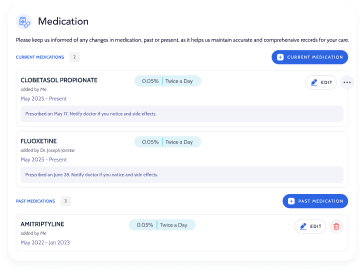
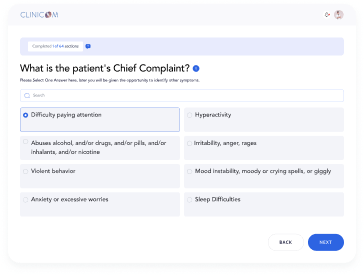
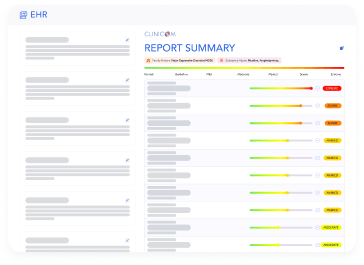
HOW IT WORKS
How Clinicom Works
- Add Patient
- Complete Assessment
- Clinicom Assessment Algorithm
- Clinician Review
- Empowering Clinical Decision Making
- Accept, Reject or Rule out Suggested Diagnoses
- Insurance Reimbursement
- Follow Up & Treatment Planning

Add Patient
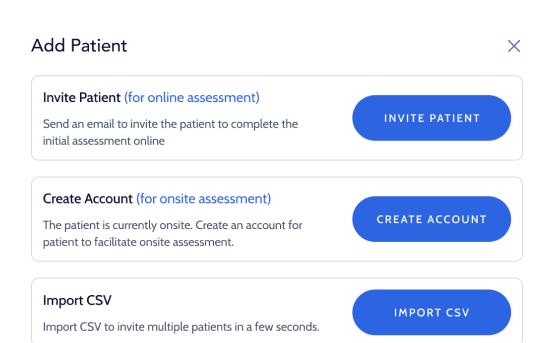
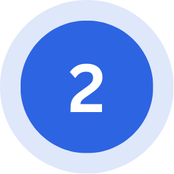
Complete Assessment
A clinician or patient can start a CLINICOM online assessment on any computer or mobile device with internet access. The patient can save and resume at any time, allowing completion at their own pace in a safe, comfortable environment.
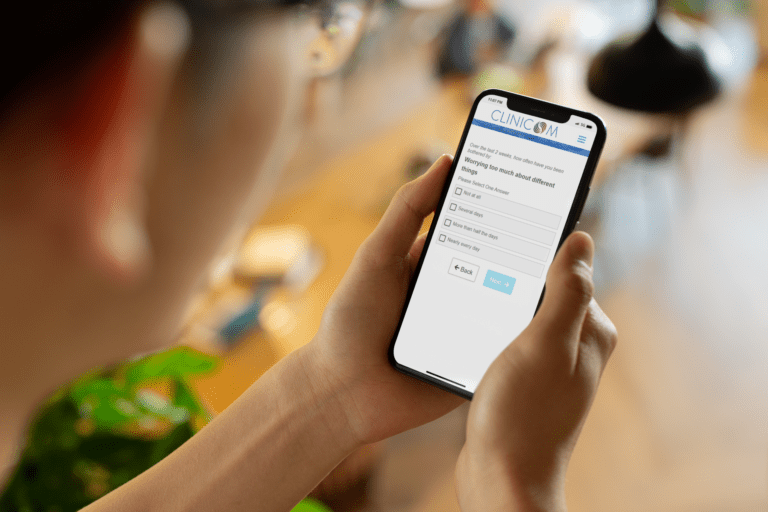
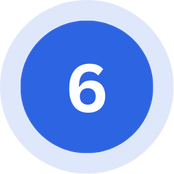
Accept, Reject or Rule out Suggested Diagnoses
Clinicom suggests over 80 psychiatric conditions based on assessment responses. Our Accept/Reject feature allows clinicians to maintain diagnostic control, enhancing sensitivity and specificity while incorporating clinical knowledge with machine learning.

Follow Up & Treatment Planning
Follow-ups allow you to track and monitor a patient's progress over time, including treatment and medication efficacy. Clinicians can conveniently schedule patient follow-up assessments through the system's intuitive calendar function. The system conveniently suggests follow-up assessments for the clinician to choose from based on the accepted diagnosis.
Follow-ups can be given based on medical necessity using Clinicom's robust list of Gold-Standard and proprietary assessments. Clinicom offers unique assessments, including standardized scales, proprietary DSM5-based scales and informational questionnaires. Follow-ups can be sent to the patient directly, or to third-party reporters such as family members, teachers, coaches, care-givers.
DAY-IN-THE-LIFE
Patient Journey
STEP 1
The clinician and/or patient begins the online assessment on any computer or mobile device with internet access.
STEP 2
STEP 3
STEP 4
STEP 5
Ongoing follow-up treatment
The clinician and/or patient begins the online assessment on any computer or mobile device with internet access.
5
Ongoing follow-up treatment
FEATURES AND BENEFITS
What Sets Clinicom Apart
4.8/5
- Clinicians
- Patients
- Research
- Payors

Efficiency
Lowers Clinical Documentation and Intake Burden.

Access
Access all relevant bio-psycho-social information while seeing the patient.

Rapport
Improve rapport with your patients.

Time
Maximize time to address patient’s issues.

Stabilization
Reduce hospitalizations by stabilizing patient's conditions sooner.

Bandwidth
Improve bandwidth in the Emergency Room by remote screening.

Decision
Improve Your Clinical Decision Making and Differential Diagnosis.

Tracking
Track medication effectiveness and treatment outcomes over time.

Comprehensive
Clinicom uncovers the majority of mental health conditions.
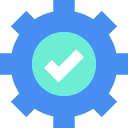
Encrypted
Patient personal information and assessment answers are kept in separate encrypted databases.

Secure
Patient data is protected by a secure 512-bit encrypted environment.

Detailed
Patients can elaborate as much as they like on important topics.

Private
Patients can freely respond to questions in a private, judgment-free space.

Portable
Patients can ask their doctor to share a PDF of their report for health data portability.

Insightful
Patients visualize and learn what symptoms are contributing to their condition.

Inclusive
Clinicom can be used for children 5+, adolescents, and adults.

Advanced Research
The most advanced Decentralized Clinical Research tool for CNS studies, perfect for Virtual, Hybrid, or on-site study designs.

Precise Triage
Triage Patients by Exact Inclusion & Exclusion Criteria with custom remote prescreening tailored to your Protocol, reducing/eliminating Screen Failures.

Site Quality
Identify which sites have the appropriate subjects and measure the quality of the subjects and overall site objectively before activating the clinical research site.

Feasibility & Viability
Assess Study feasibility in real-time and Protocol Viability with a dedicated sponsor dashboard, identifying restrictive Inclusion/exclusion criteria and potential amendments before the study starts.

Endpoints & Instruments
Gather primary and Secondary endpoints for Clinical studies using 40+ standardized instruments, reducing Transcription Errors.
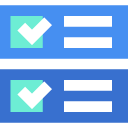
Compliance
Ensure FDA CH21 Part 11 Compliance, with data that can be API’d directly into EDC’s or given in common formats for Data upload.

Audit Trails
Maintain complete Audit Trails, ensuring transparency and accuracy in your clinical studies.

Efficiency
Reduce screen failures and improve study efficiency by objectively measuring the quality of subjects and sites before activation.

Affordable Patient Care
Affordable cost per patient includes initial comprehensive intake and unlimited follow-ups for 12 months.

Faster Stabilization
Stabilizes patients faster by accelerating the treatment course, reducing the average diagnosis time from 8 years.

Hospitalization Reduction
Reduce hospitalizations by stabilizing outpatients and reducing drug expenses with correct medications from the start.

Insurance Savings
Ultimately lower overall insurance claims by reducing doctor shopping and ensuring accurate and effective treatment with Clinicom.

Medication Tracking
Track medication effectiveness in the real world to improve quality of care and increase access to value-based medicine.

Diagnosis Efficiency
Reduce the time required for clinicians to determine accurate diagnoses and improve telemedicine screenings and documentation.

Fraud Prevention
Reduce opportunities for fraudulent claims and prove performance by tracking patient progress and medication efficacy.

Outcomes Research
Access the invaluable Clinicom database for outcomes research through decentralized and device-agnostic data collection.
Discover The Power Of Clinicom With Our Offer
Join the Clinicom Community
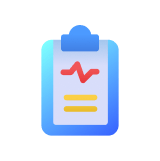
Thorough and Accurate
Initial Comprehensive Patient Intake

Unlimited Follow-Ups
Unlimited Patient Follow-Ups for 12 Months

24/7 Support
Unlimited Access to the Clinicom Clinical Decision Support System
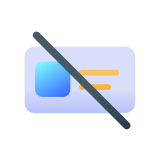
Ho Hidden Fees
No User or Seat Fees, No Recurring Monthly Charges
The Power of Our Technology
Augmented intelligence powered by 250+ algorithms
Delivering precise clinical decision support for mental health
TRUSTED
Secure And Regulatory Compliant
HIPAA + GDPR Compliant
FDA Technology Regulation Compliant – 21 CFR Part 11
CLINICOM servers are in IBM’s highly secured environment
Development team led by Microsoft Life Sciences’ former CTO

End-to-End Encryption
- Separate encrypted databases
- Personal information
- Clinicom answers
- Data at rest — 512-bit Encryption
- Data in motion — highly secured encryption



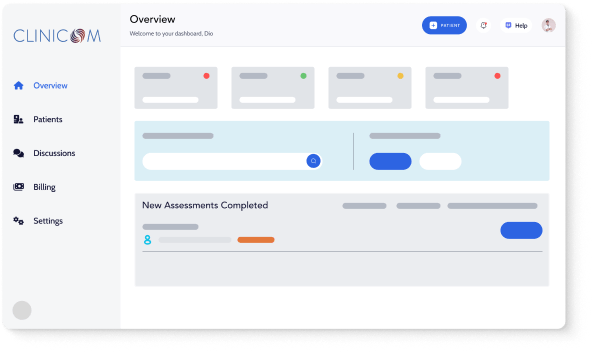
Automate Clinical Documentation
Automate Clinical Documentation and SOAP notes using a combination of Augmented Intelligence, the patient’s own words, and assessment insights.
USE CASE
Elevated Provider and Patient Experience with Clinicom
The Clinicom Patient Journey is a transformative pathway to mental healthcare excellence that is focused on proactive, personalized, and precise patient care. Through seamless integration of technology, evidence-based practices, and comprehensive data collection, the Clinicom platform enhances the healthcare experience for both providers and patients alike.
From autonomous, in-depth initial screening to 360-degree view assessments, this journey not only prioritizes the thorough understanding of each patient's unique condition but also emphasizes the importance of patient engagement, provider efficiency, and informed treatment planning.
With Clinicom, experience a healthcare journey that is both empowering and revolutionary, bridging the gaps in care delivery and forging a path towards improved patient outcomes.
- Initial Screening
- Intake and Documentation
- Treatment Planning and Measurement
- Follow-up and Monitoring
- Documentation and Reporting
- Time Efficiency and Revenue
- Data Analysis and Transparency
- 360-Degree View
With Clinicom
Without Clinicom
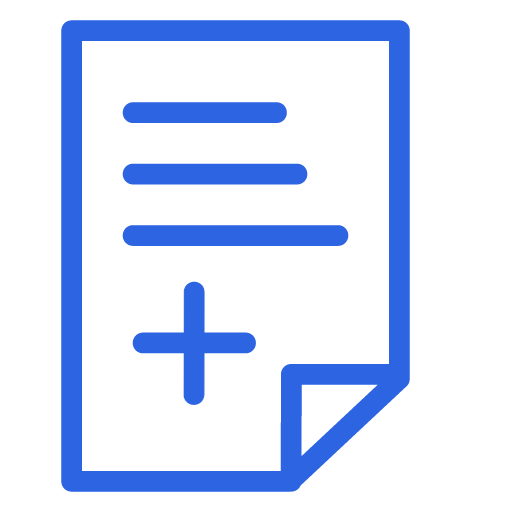
Comprehensive Intake
Autonomous, DSM-based intake assessing up to 80 conditions from a single adaptive assessment, gathered remotely prior to the first visit. Includes medical history, prescriptions, bio-psycho-social histories, and SDOH.
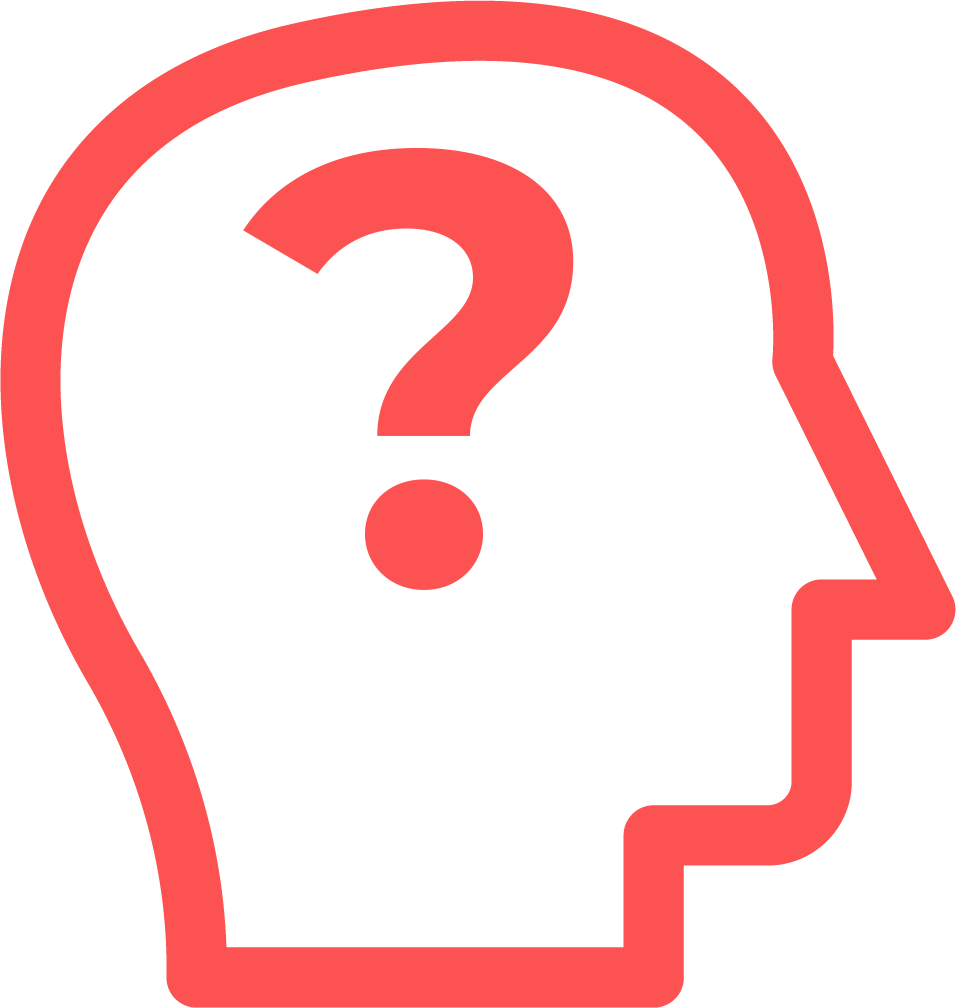
Inconsistent Screening
Inconsistent screening process with potential for missing crucial patient history and comorbidities.

Efficient First Visit
The majority of the first visit is spent addressing issues and creating a treatment plan, increasing the effectiveness of the initial consultation.
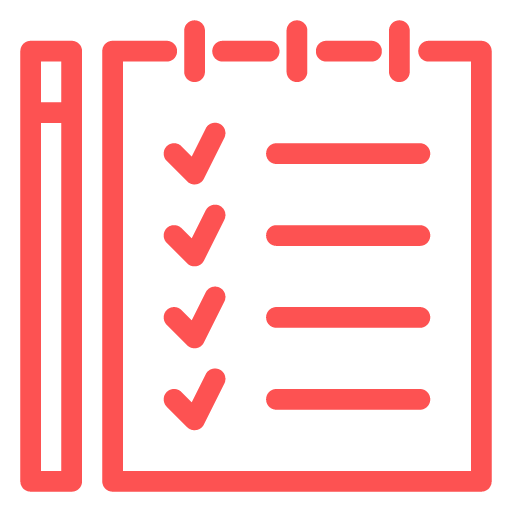
Data Collection Focus
The majority of the first appointment is spent gathering data subjectively.
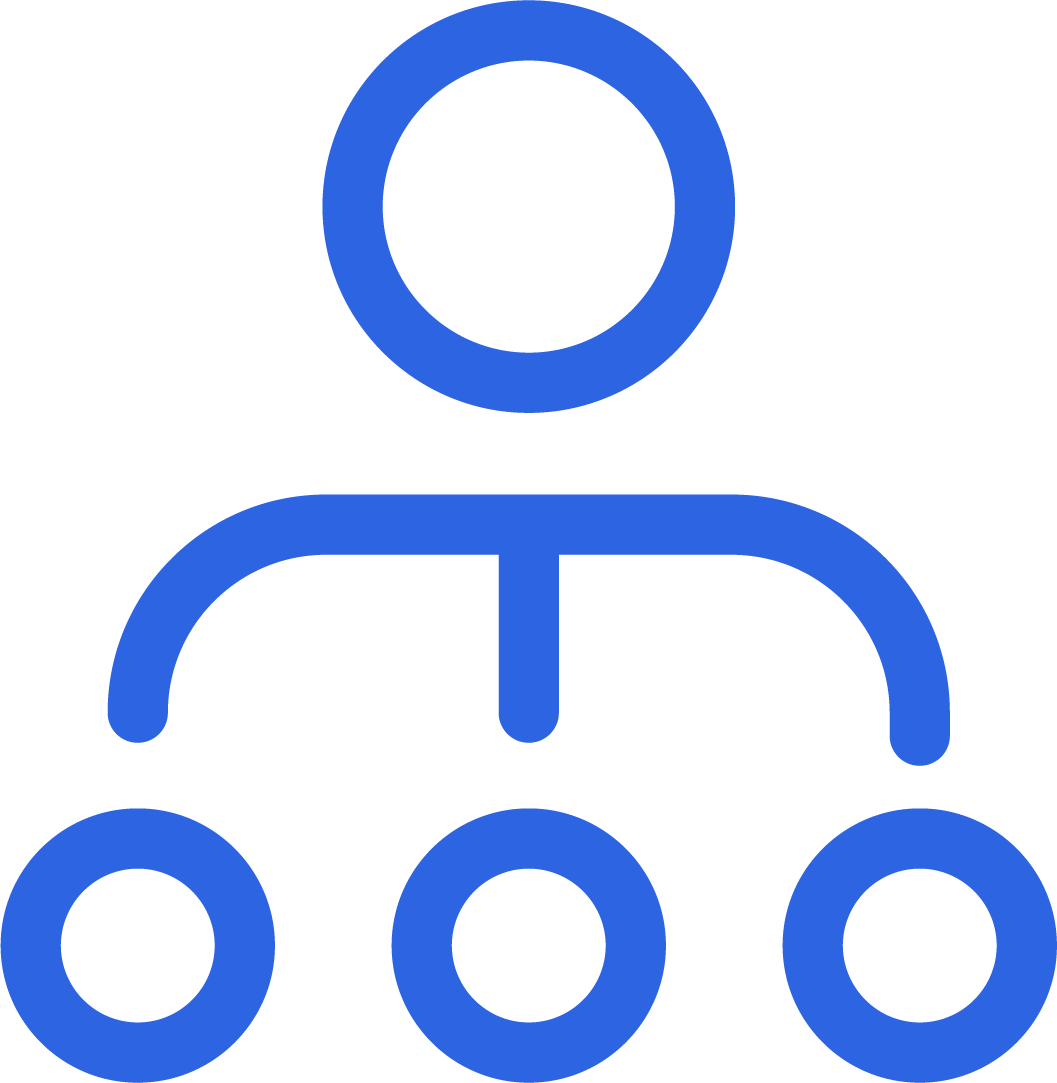
Equity and Engagement
Increased equity, access, and engagement, ensuring that all patients have the opportunity to receive thorough and compassionate care.
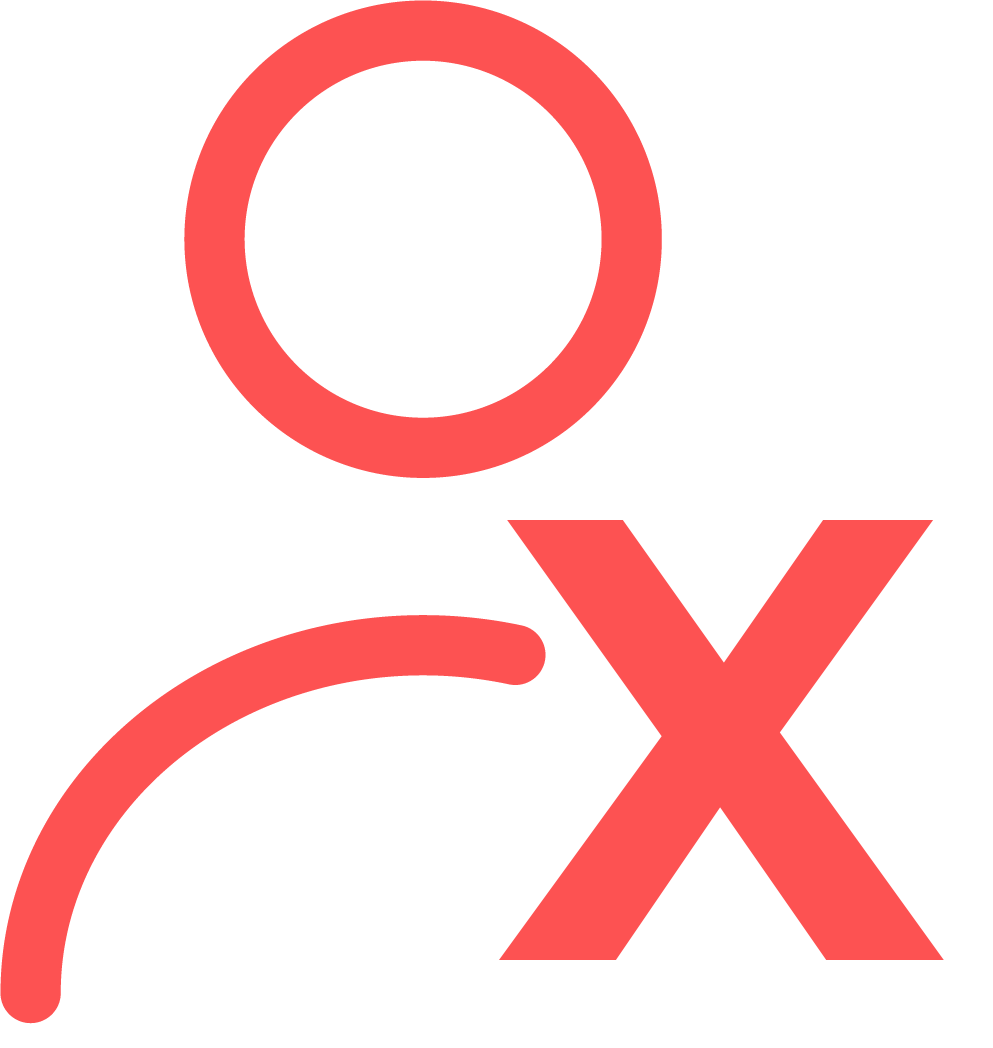
Equity and Access Issues
Low equity and access.
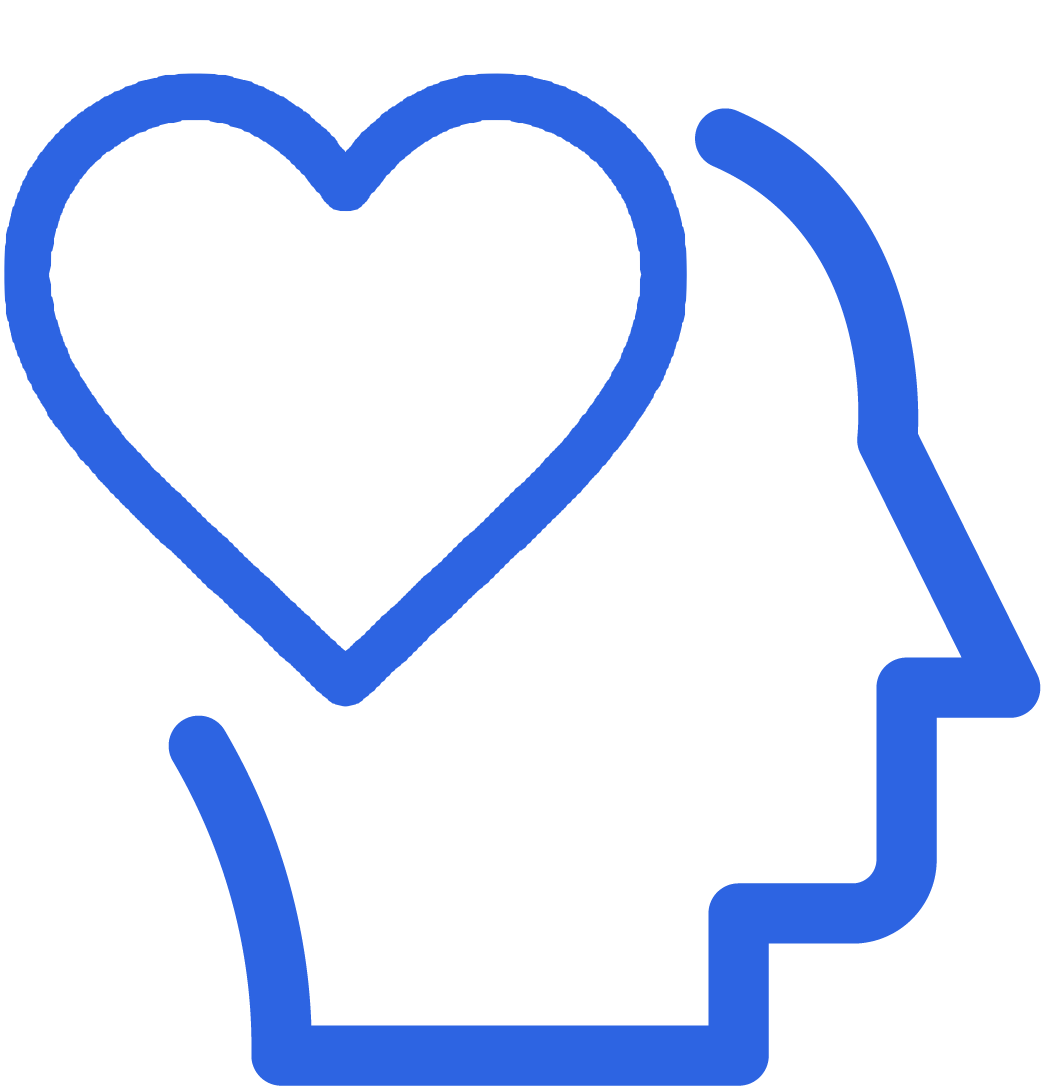
Patient Satisfaction
Patients feel heard, contributing to a more positive healthcare experience and better adherence to treatment plans.
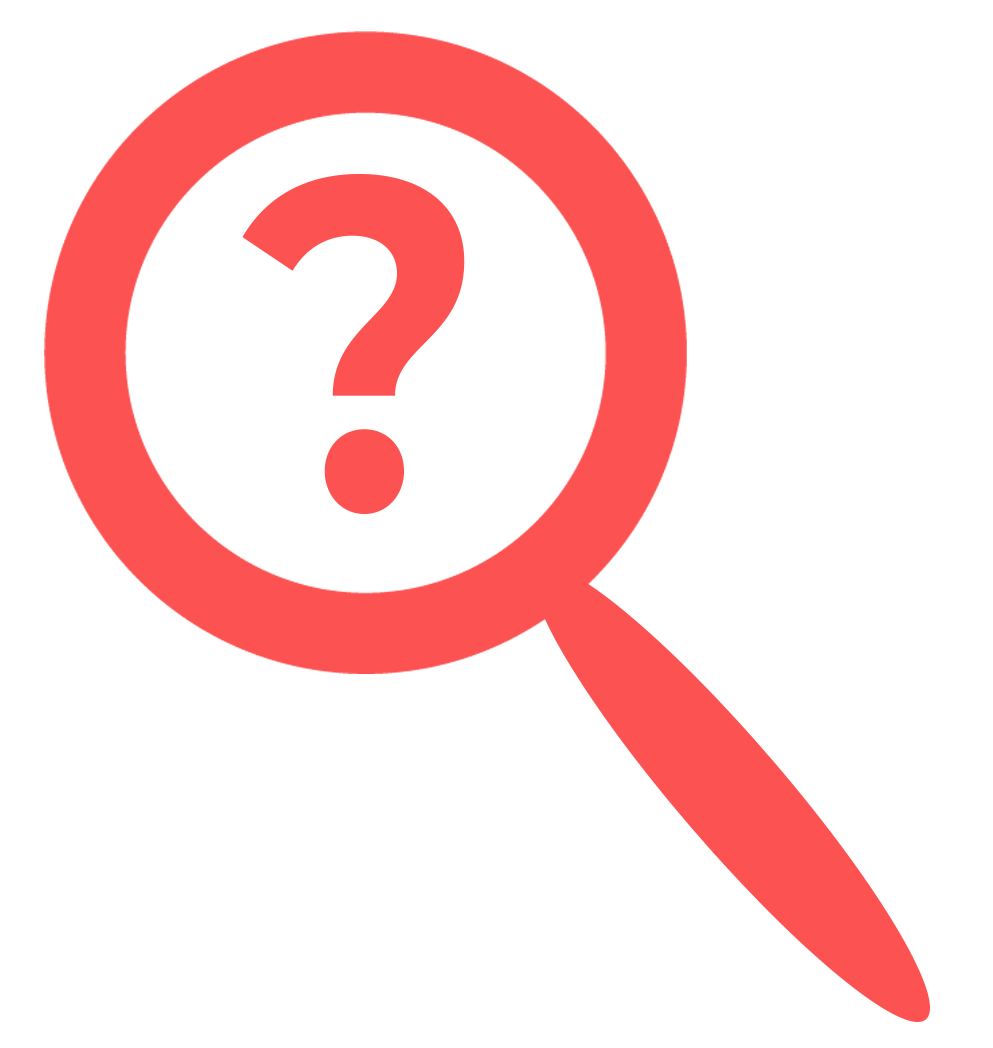
High Misdiagnosis Rate
Misdiagnosis rate of 39-90% (NIMH data).
With Clinicom
Without Clinicom

Consistent Documentation
Consistent biopsychosocial intake and documentation across all providers.
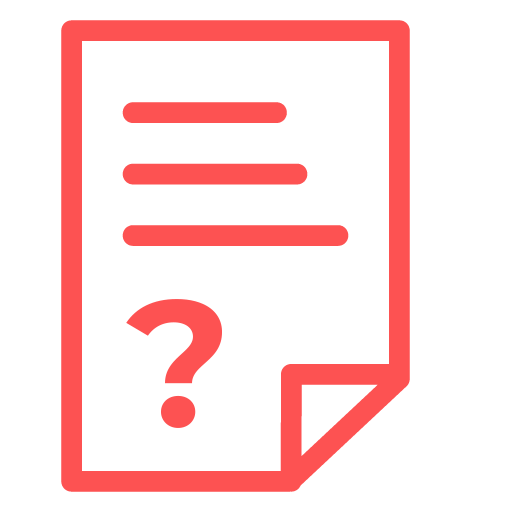
Inconsistent Documentation
Inconsistent documentation across organizations and providers.

Objective Patient Understanding
Provides an objective and thorough understanding of the patient's condition, gathered remotely.
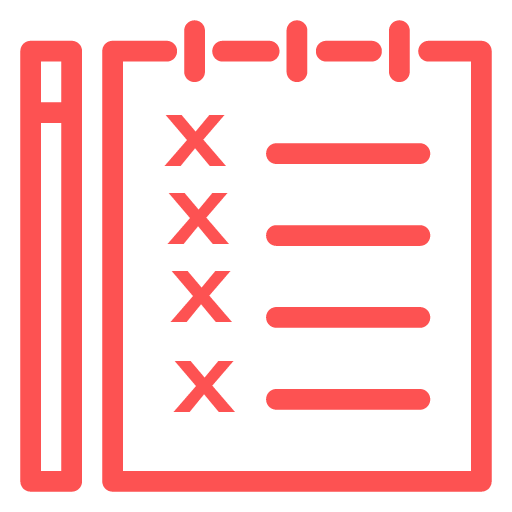
Generic Notes
Notes are often generic and subjective, leading to incomplete understanding of a patient's condition.
With Clinicom
Without Clinicom
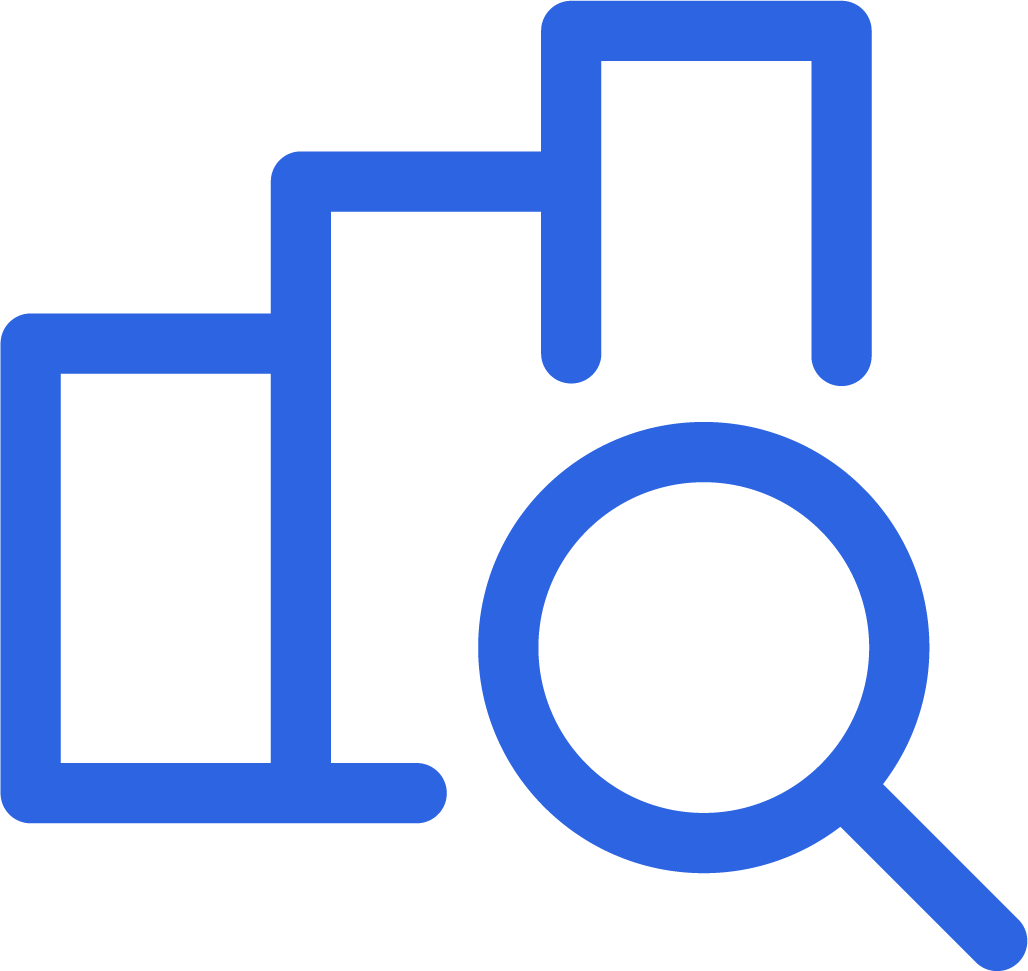
Evidence-Based Treatment
Evidence-based and objective treatment planning based on DSM standards.

Subjective Treatment Planning
Subjective treatment planning can lead to wrong treatment choices, misdiagnoses, and incorrect treatment.
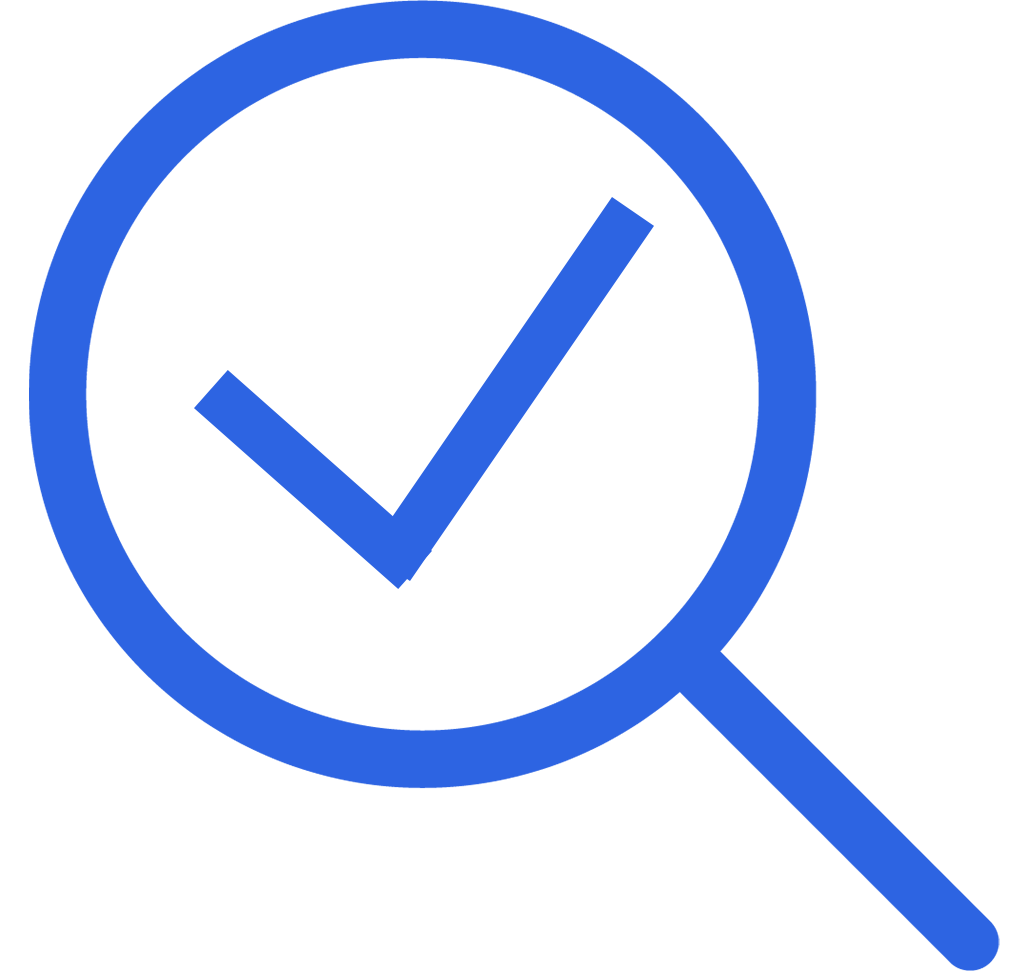
Reduced Misdiagnosis Risk
Reduced risk of misdiagnosis and treatment errors, leading to improved patient outcomes.
With Clinicom
Without Clinicom

Objective Progress Tracking
Objective tracking of progress using scientifically validated measures.

Subjective and Inconsistent
Subjective and inconsistent follow-up measures, hard to track progress.

Enhanced Adherence and Satisfaction
Allows patients and clinicians to visualize progress, improving adherence and satisfaction.

Non-accurate Assessments
Weak non-accurate assessments used, if any.
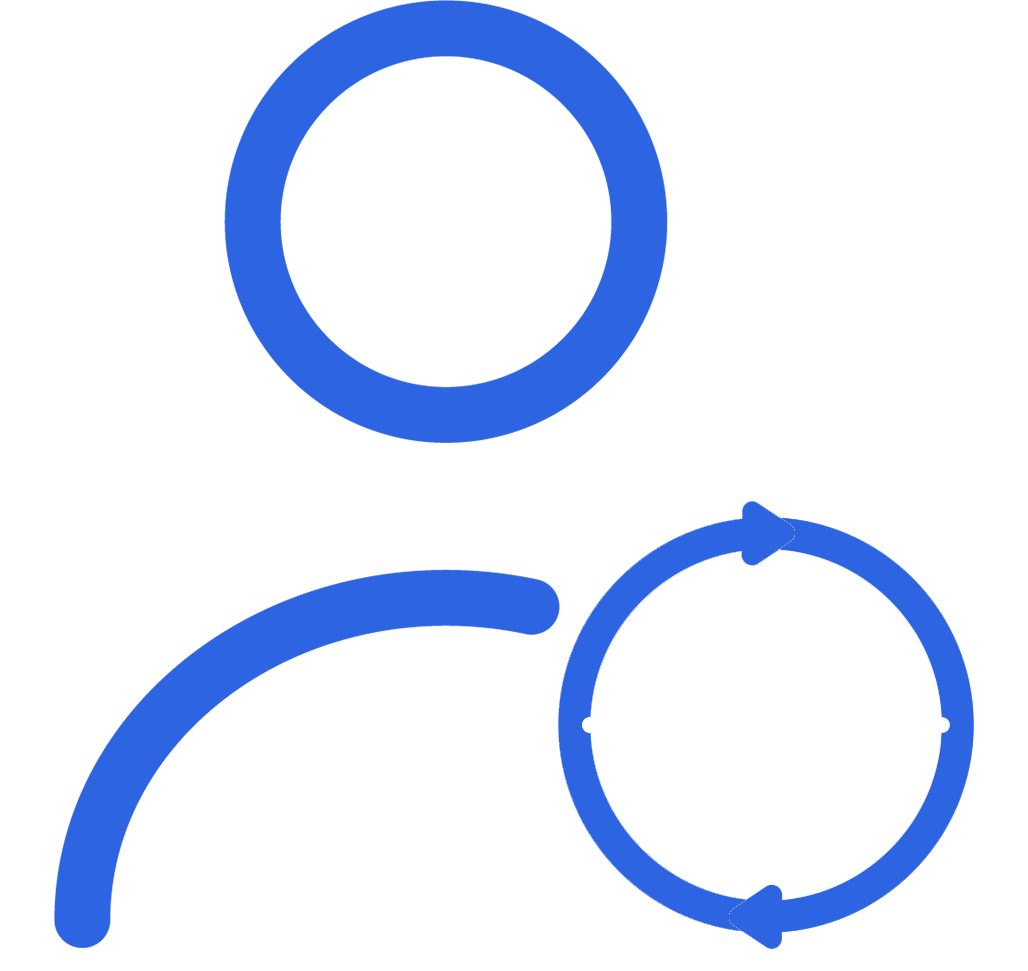
Automated Follow-Up
Automated follow-up cadences.
With Clinicom
Without Clinicom

Seamless Documentation
Seamless comprehensive documentation auto-generated, reducing clinical burden.

Incomplete Records
Potential for incomplete or late documentation, causing inaccurate or incomplete records.
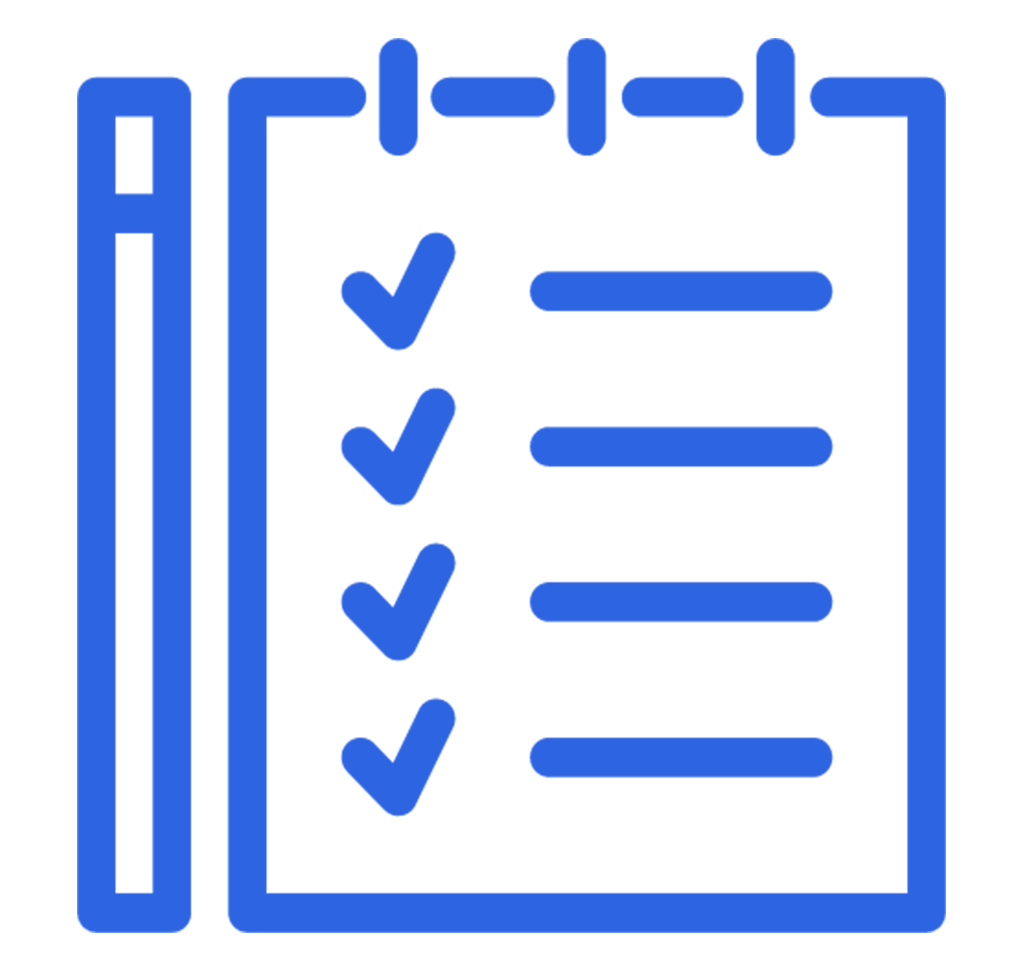
Accurate Reports
Ensures accurate, on-time reports, allowing clinicians to focus on solving problems, not documenting them.
With Clinicom
Without Clinicom

Efficient
Improved clinician efficiency, allowing for effective patient care and potential increased revenue.

Overwhelmed Clinicians
Potential for overwhelmed clinicians concerned about missed or unreported details.

Reduced Documentation Stress
Reduced worry about clinical documentation.

Inefficient
Inefficient or ineffective patient care due to lack of insight into histories or hidden comorbidities.
With Clinicom
Without Clinicom
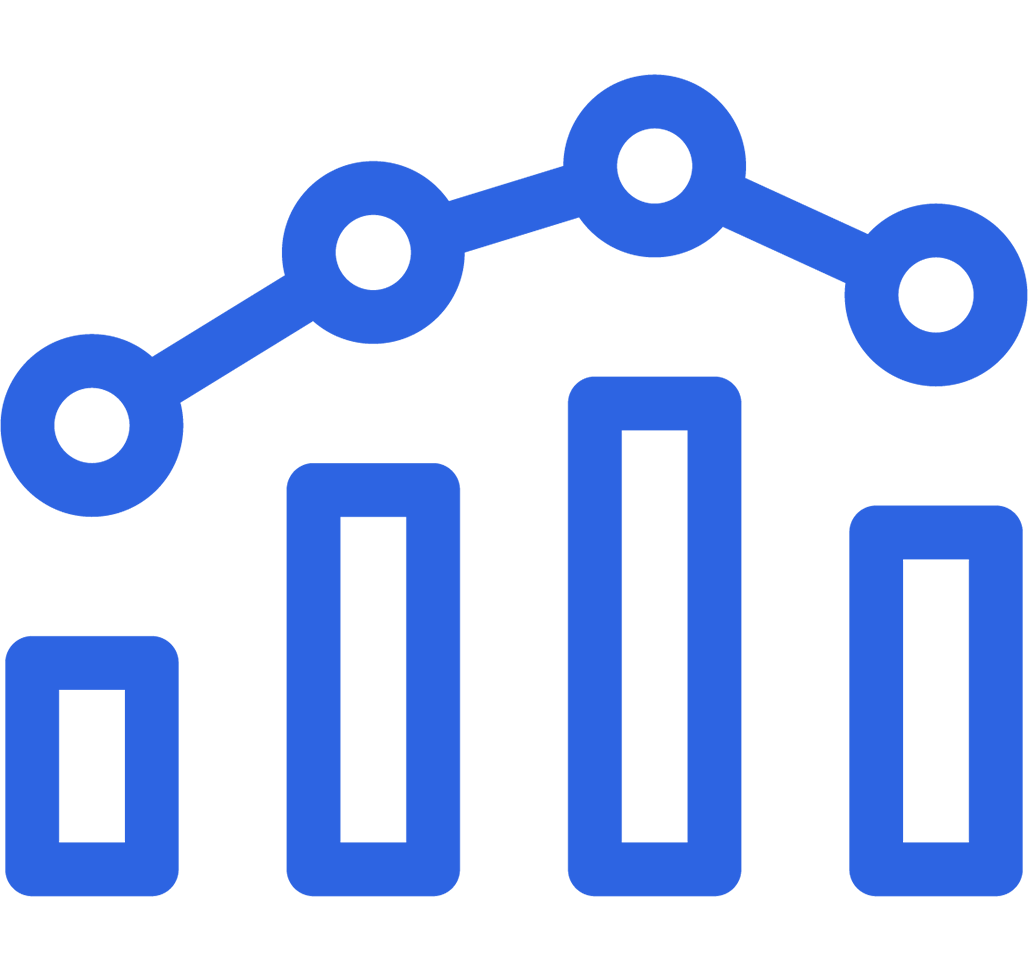
Data Analytics & Transparency
Provides data analytics, transparency to outcomes, staff efficiency, and treatment outcomes.
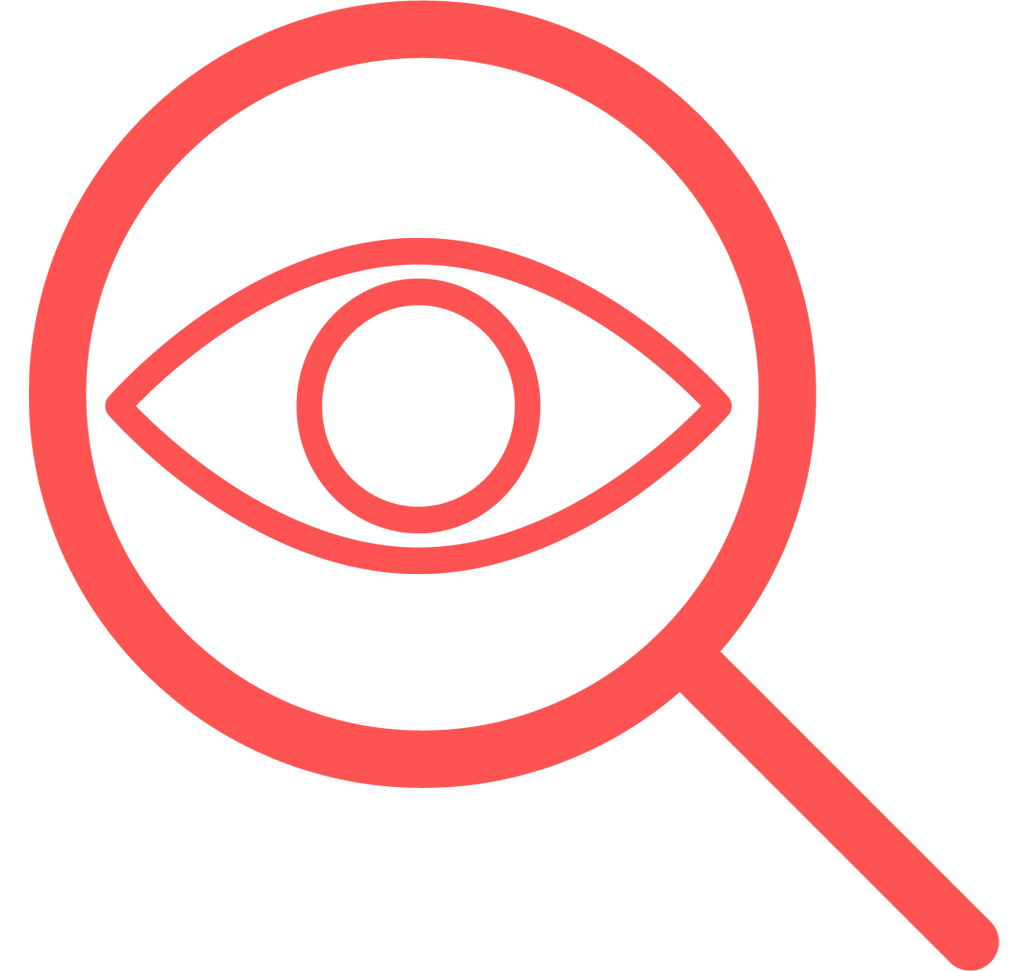
Lack of Transparency
No transparency in staff efficiency, productivity, treatment outcomes.

Value-Based Care Reporting
Easy reporting for value-based care with full analytics and statistics available across the care team.

Subjective Value-Based Care Measurement
Measuring value-based care is subjective and nearly impossible.
With Clinicom
Without Clinicom

Comprehensive Patient Insights
Allows for multiple reporters, providing a comprehensive understanding of the patient's condition from multiple perspectives.

Skewed Patient Understanding
Single reporter view leading to a skewed understanding of the patient's condition.

